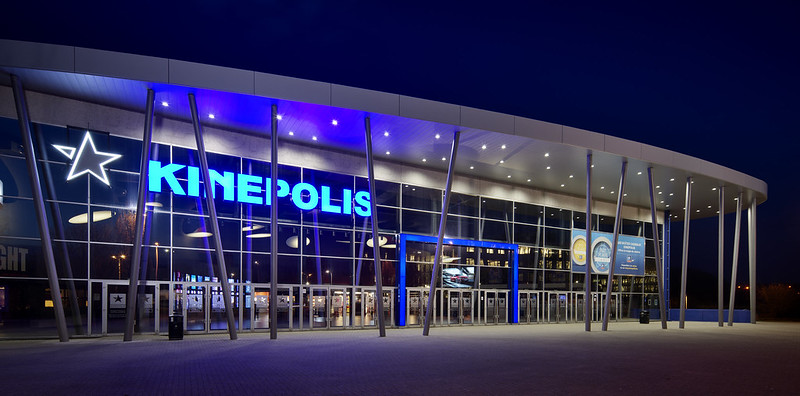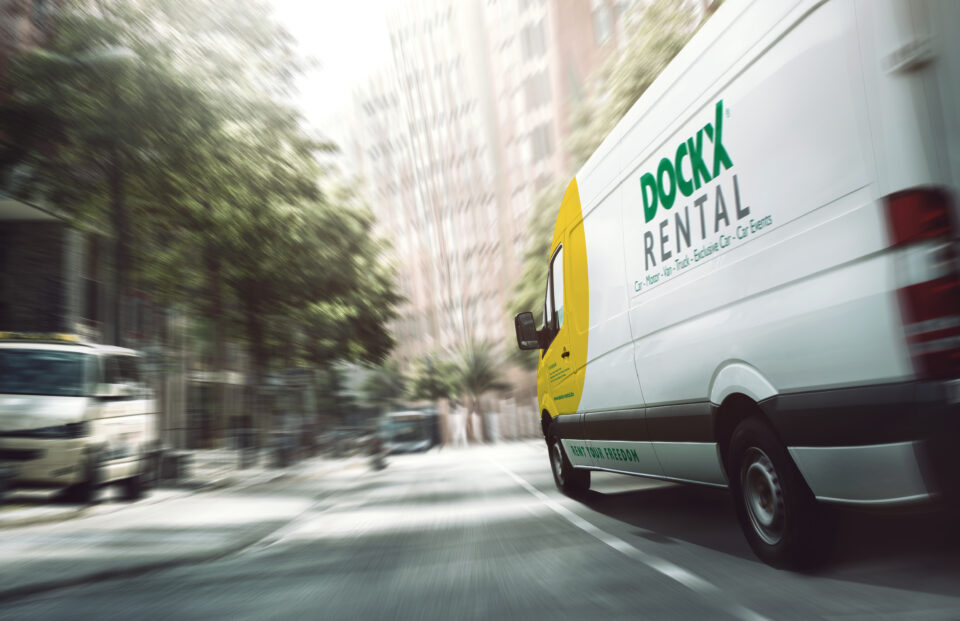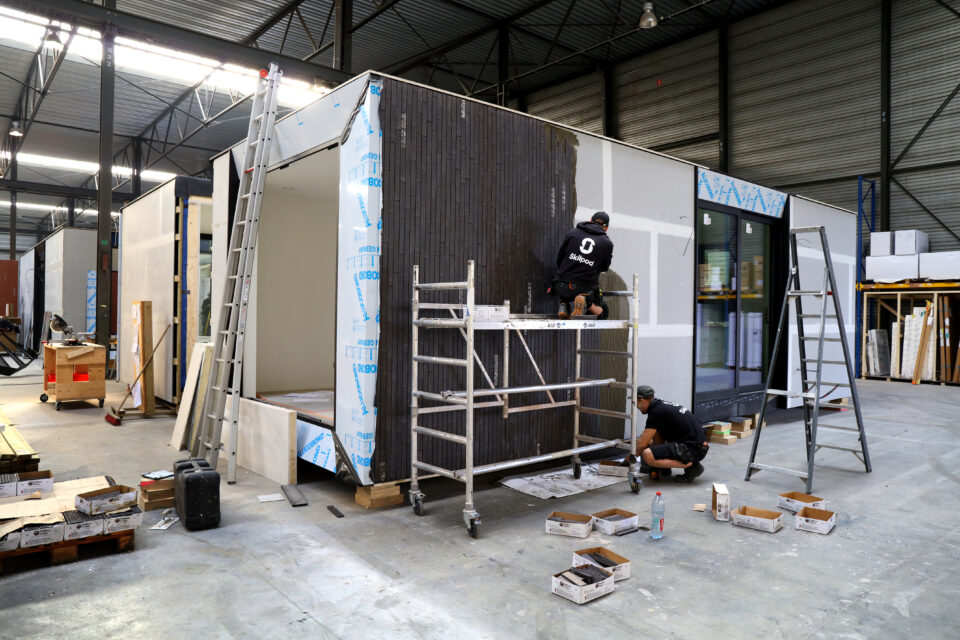Kinepolis: empty cinemas, hopeful future

The cinema sector was hit hard by the COVID-19 pandemic. Cinema operator Kinepolis entered the crisis with a strong balance sheet and significant cash reserves that enabled it to bridge more than 12 months of closure of all its cinemas. However, to prepare for a longer delay in the full-scale resumption of its operations, Kinepolis took out an additional EUR 80 million credit with its house bankers for a three-year term. Thanks in part to the Gigant guarantee, Kinepolis was able to close the additional loan.
2019 was an exceptional year for the European cinema market. In Europe, visitor numbers grew by 4.1%, and Kinepolis also posted excellent results: visitor numbers rose by 13.3%, leading to a 15.9% increase in revenue and an increase in net profit. Kinepolis, and the cinema sector in general, were then hit particularly hard by the COVID-19 pandemic. Besides the lockdown and mandatory closure, there were the restrictive security measures and the postponement of blockbuster releases. Even for a solid company that still recorded 104 million euros in operating profit in 2019, this poses major challenges. Despite the fact that Kinepolis managed to minimise the damage through strong cost control, the pandemic had a strong negative impact on sales and earnings.
Endurance
Kinepolis – 58 cinemas in Europe, 46 cinema complexes in Canada and 10 in the US – was an outperformer before the corona crisis with significant revenue growth, a solid cash buffer, strong profitability, a low debt ratio and the highest EBITDA margin in the industry. It had a substantial buffer when corona started and consequently entered the crisis financially strong. Partly due to its business strategy of annual performance improvements and cost variability, the company managed to reduce the operating cash drain during the lockdown to ‘only’ 3.6 million euros per month in the second half of the year. The group was thus able to bridge a long period of enforced closure. But even the endurance of the best athlete is not endless, especially when the end is not even in sight. Kinepolis therefore found it necessary to attract additional funds in the persistently uncertain corona period. The additional credit (with Guaranteed Guarantees) should cushion the uncertainty about the impact of the pandemic.
Streaming services
With 1,106 theatres and almost 200,000 seats, the future for Kinepolis remains promising. Of course, there is the rise of streaming services that could impact the cinema group’s business model. But cinema remains a night out and still generates the most value for producers and distributors. A ‘theatrical release’, accounting for about half of the revenue a film generates, remains for now the guarantee to recoup the sky-high production costs of films. Besides, going to the cinema remains a particularly strong entertainment concept that an evening of binge-watching cannot compete with. Research even shows that users of online streaming services visit the cinema more frequently than non-users. In short: cinema is here to stay.
Acquisitions
With its strong liquidity, low debt ratio and own real estate – unique in the industry – Kinepolis (259 employees in Flanders) is among the strongest players in the sector. The group is a highly innovative company and one of the most profitable cinema operators: for more than 12 years, the company has managed to lower the break-even point and increase profitability through, among other things, product innovation and efficiency gains in the annual exercise to neutralise a hypothetical 5% decline in attendance at EBITDA level. Few manage to achieve more revenue per visitor. With that know-how, the group is doing expansion in stable markets. Good news is also that blockbusters, which account for around 80% of sales, were postponed in the corona year, which means there will be lots of films to watch in 2021.
Visit the website of Kinepolis


